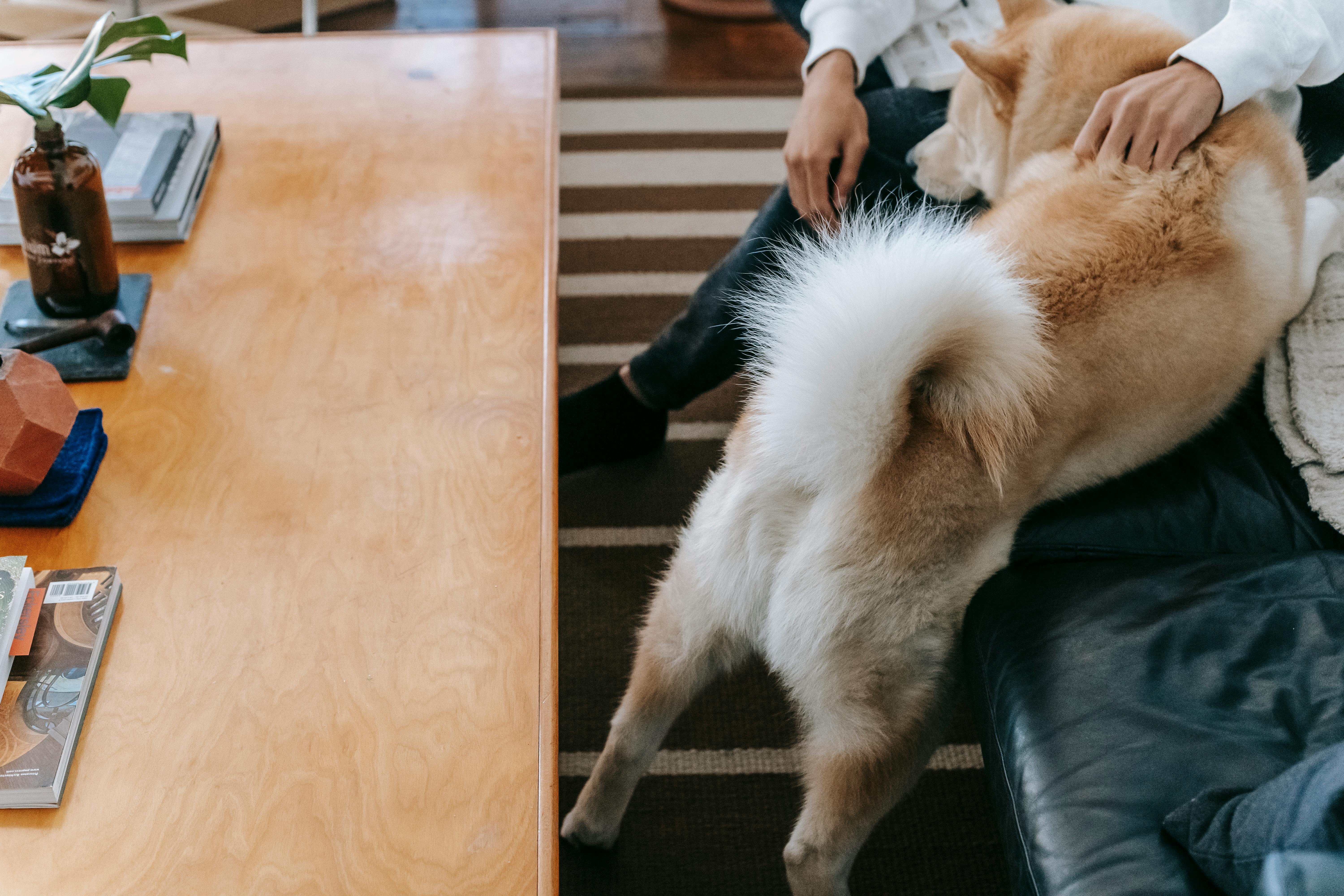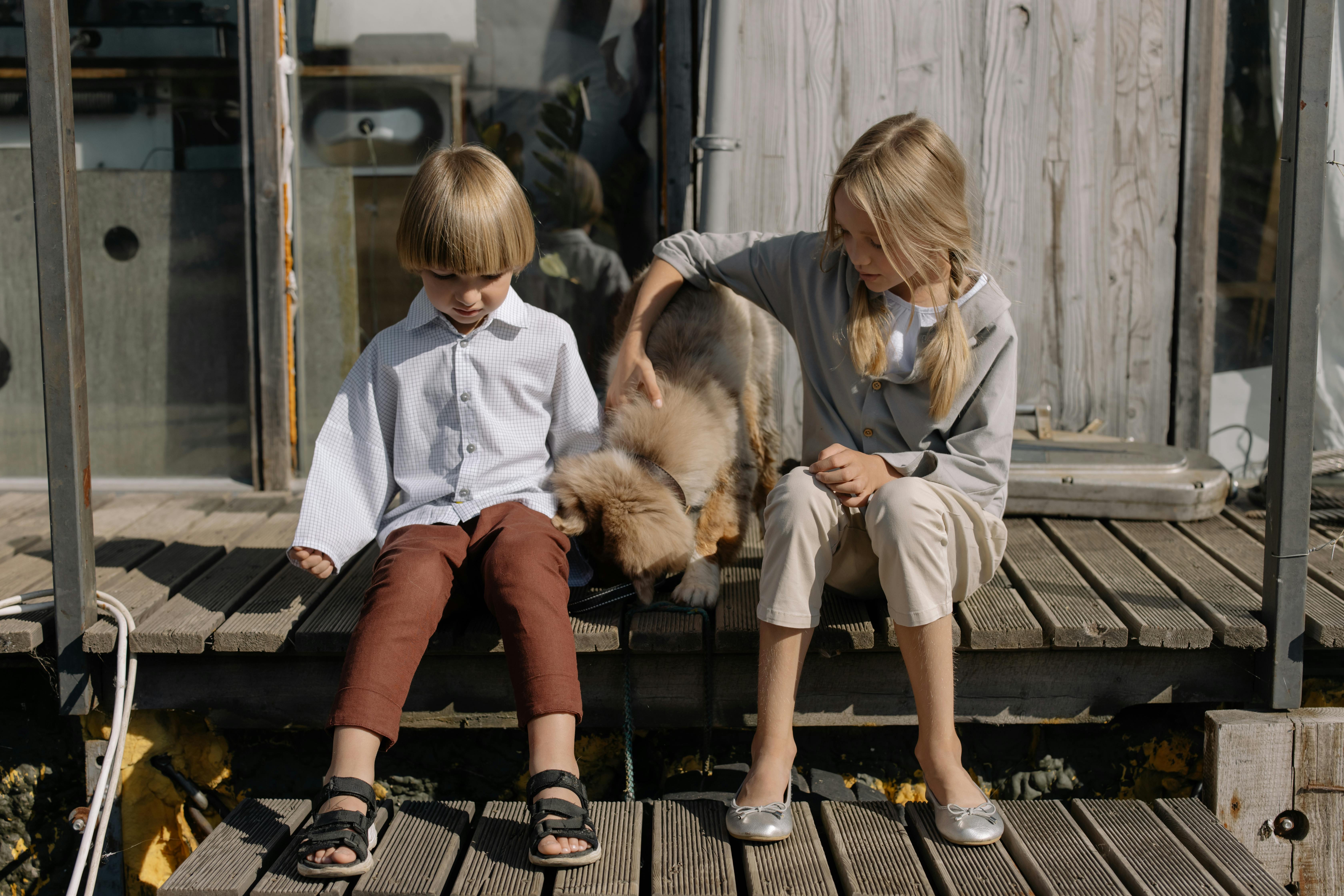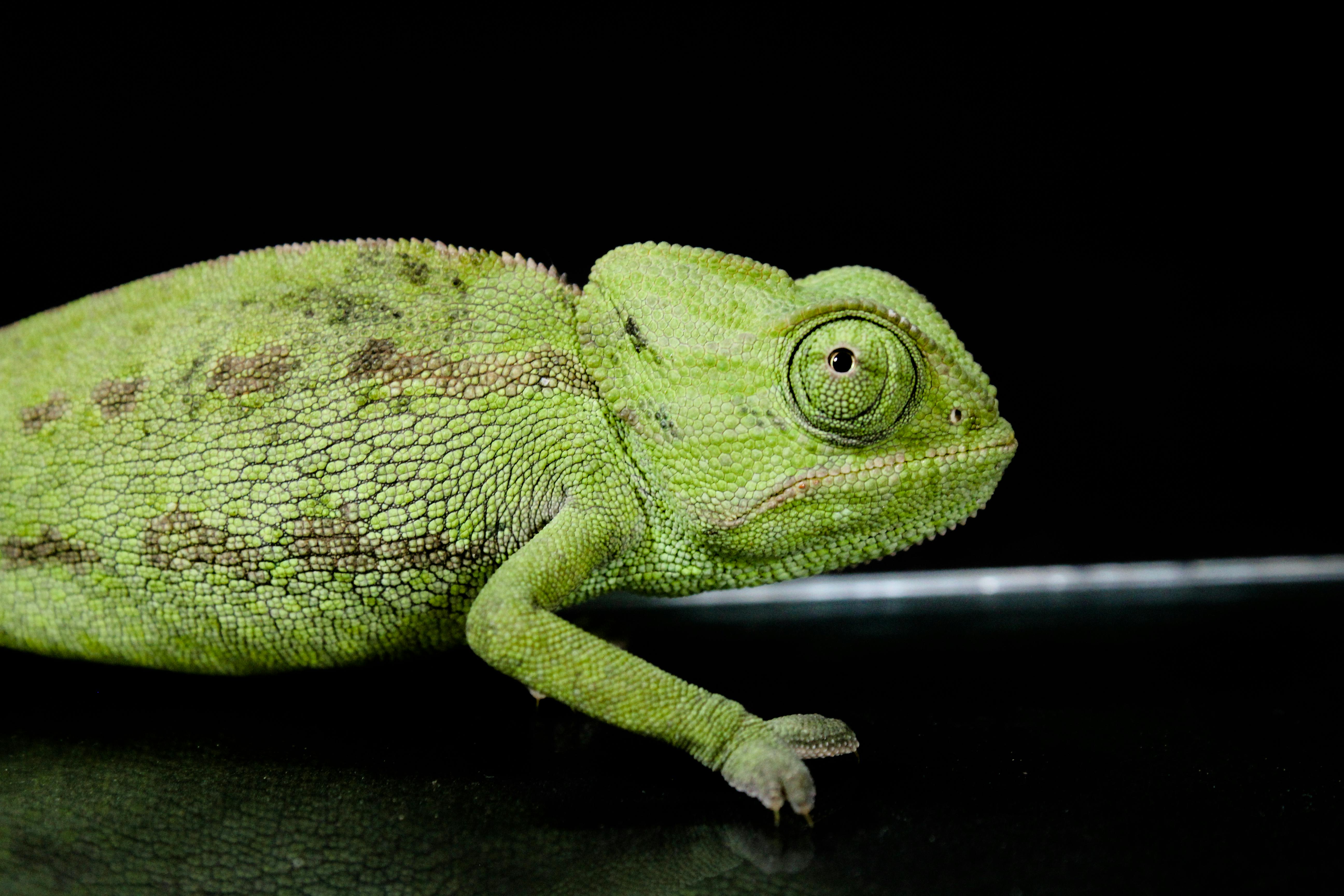Parvo, short for canine parvovirus type 2, is an extremely contagious virus that has now been largely eliminated in domestic dogs, thanks to vaccinations given early in puppyhood. The most common form is transmitted through contaminated feces and has an extremely long life outside the dog. It is resistant to both hot and cold weather and can live in contaminated soil for up to a year. This means that if Maxie is not vaccinated and a dog that had parvo used the bathroom in her yard a year ago, Maxie can still get it. For this reason, it is extremely important to vaccinate him as soon as you bring Maxie home. The parvo vaccine usually comes at the same time as the canine distemper vaccine, another highly contagious and potentially deadly virus, and is administered through a series of shots and boosters.
Parvo comes in two forms, the most common being the intestinal form. In this version, the parvovirus attacks Maxie’s gastrointestinal system, causing all sorts of secondary infections and problems. When a dog dies from this intestinal parvovirus, it is usually these secondary problems that are fatal, not the virus itself. Symptoms of this form include initial lethargy followed by extreme vomiting and diarrhea that can be very bloody. A stool sample done by your vet will be able to determine if parvovirus is the cause.
Without treatment, a dog with intestinal parvo will usually die of dehydration as a result of fluid loss from diarrhea and vomiting. Without treatment, more than 90% of dogs that get this version will die. If Maxie exhibits these symptoms, take him to the vet immediately. The sooner treatment begins, the more likely she is to survive. Parvo is not a death sentence if hospitalization occurs quickly and Maxie can be given intravenous fluids and antibiotics to treat secondary infections. In fact, about 90% of dogs receiving treatment will be able to clear the virus from their bodies while maintaining adequate hydration. The key is early diagnosis and treatment.
the other pair
The cardiac form of parvovirus is less common and is usually contracted by newborn puppies or shortly after birth from an infected mother. This form is much rarer these days because mothers are usually vaccinated before becoming pregnant. In this way, the virus attacks the heart and causes breathing difficulties, and death can be very sudden.
If Maxie is diagnosed with parvo, she will usually need to stay in the hospital for about four to five days. There is no treatment to specifically target parvovirus, but accompanying symptoms will be treated, giving Maxie’s immune system a chance to fight and clear the virus from her body. The most important part of treatment is the administration of fluids that will keep you hydrated.
Antibiotics may be given to help fight secondary infections caused by parvovirus. In extreme cases, plasma from a vaccinated dog can be transferred into Maxie’s blood, although the benefits of this are not as well proven. Survival rate depends on age, race, and severity of symptoms depending on the strength of the immune system. Certain breeds are known to be more susceptible to severe parvovirus, including Rottweilers, Dobermans, Pit Bulls, and German Shepherds.
When it comes to parvovirus, the best course of action is preventive action. Maxie should be vaccinated against parvo as soon as possible after birth. When such a vaccine is so widely available, it doesn’t make sense to leave you susceptible to such a traumatic and life-threatening virus. But it is at least reassuring to know that even without a vaccine, his prospects, given the early hospitalization, are positive.




